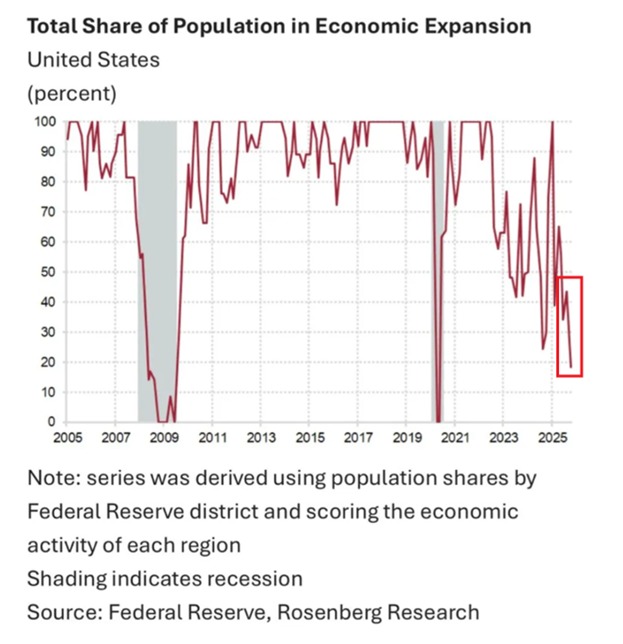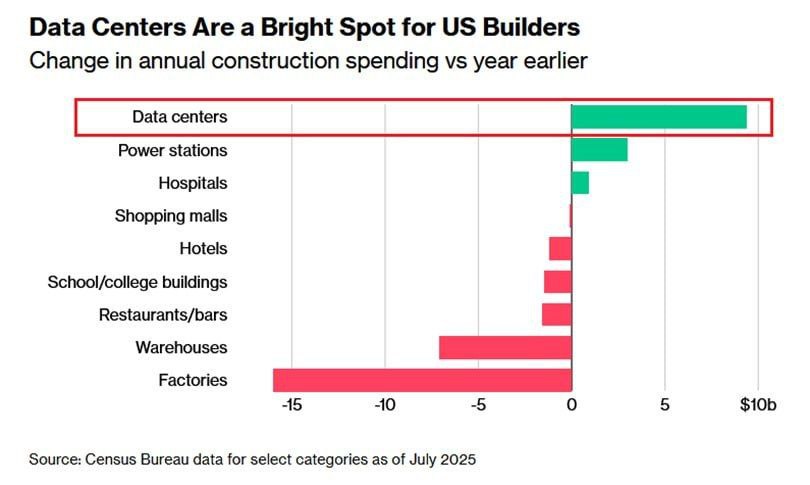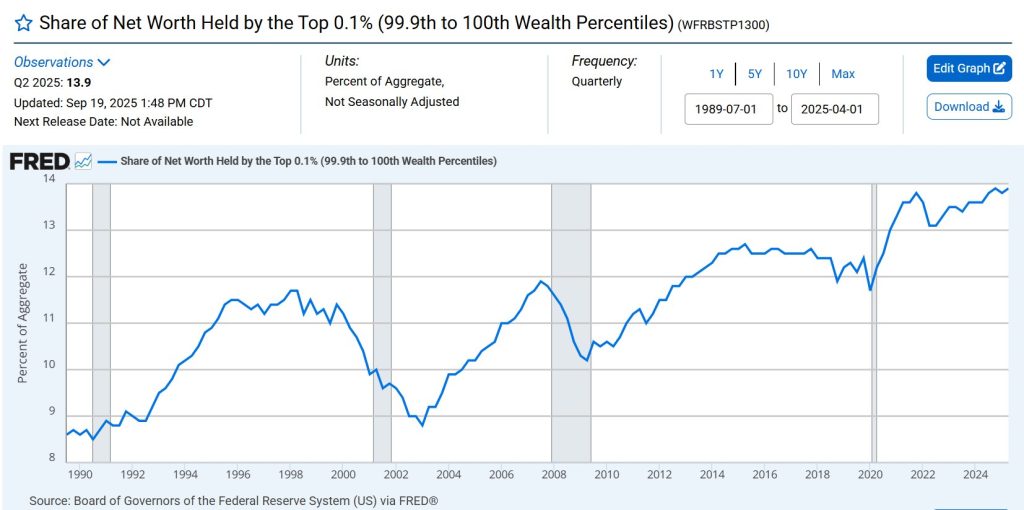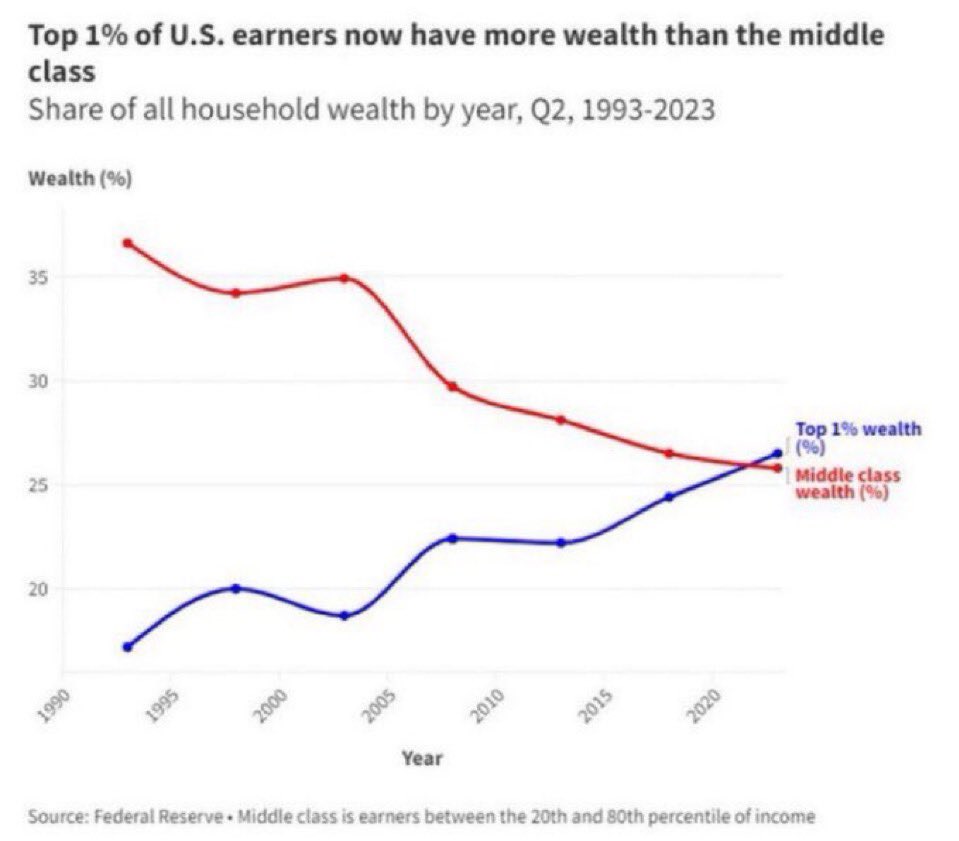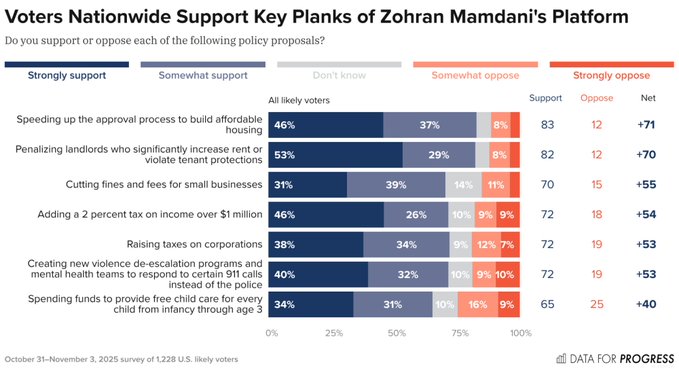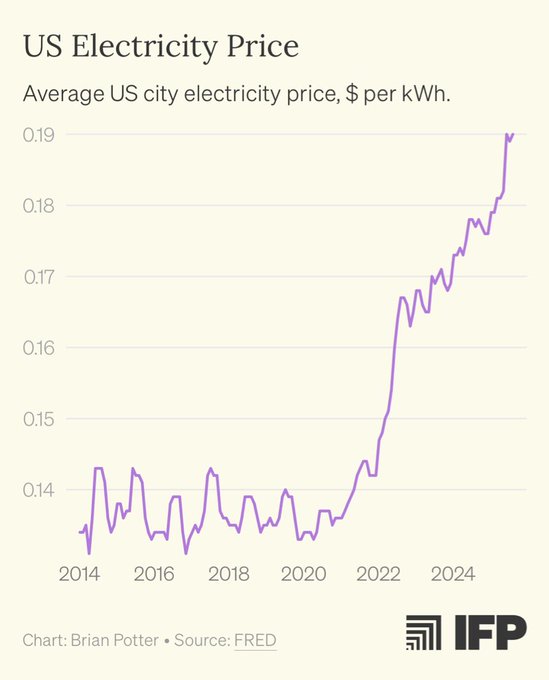Obviously, Epstein was scum of the lowest order; a blackmailer, a pimp, a pedophile, and a traitor. (Working with Mossad to blackmail American politicians was surely treason. And given that Israel is a genocidal, religious ethno-state, possibly the most evil country in the world, well…)
But like many effective evil people, Epstein had his virtues. I found this mix of documents from Noam Chomsky particularly interesting:
Here’s some kind of letter of recommendation that Noam Chomsky wrote for his “highly valued friend,” Jeffrey Epstein. pic.twitter.com/t73oxMcXte
— Jacob Silverman (@SilvermanJacob) November 14, 2025
And, as Glenn points out:
And that’s to say nothing of the financial entanglements. pic.twitter.com/dAfVVx1j7J
— Glenn Greenwald (@ggreenwald) November 14, 2025
For what it’s worth, I very much doubt that Chomsky had sex with underage girls. And that’s the thing, Epstein was not a one-note pimp and blackmailer, he was a charismatic social chameleon. What Chomsky wanted was intellectual conversation, inside information on politics, and to meet and converse with interesting scientists and scholars (and money, everyone wants money).
So that’s what Epstein gave him. Among scholars, Epstein was scholarly. Among artists, an aesthete. And yet, he was best friends with Donald Trump, who is the philistine’s philistine, a man who is not just without culture, but whose taste can only be described as tacky. A man who thinks a golden shitter is classy and who has probably never read a book.
People of great evil have virtues. Those virtues are morally neutral but real. Epstein was extremely smart and charismatic, and he was able to read people like a book and give them what they wanted. They all thought he was their friend, even as he used them. (And who knows? He may well have actually felt friendly towards a few of them. Certainly, his relationship with Ghislaine Maxwell appears to have been genuinely affectionate.)
Hitler was extremely brave and, until he burnt out on amphetamines, intelligent. Genghis Khan was brave, a military and organizational genius, and routinely made his former enemies into his most important subordinates (Subotai, for example), and none of them ever betrayed him. He inspired an insane level of loyalty.
Bravery, intelligence, loyalty, energy, and even certain types of honor are all virtues, but they are morally neutral virtues; they amplify whatever you are, making you more effective. Without bravery and energy, being good or evil doesn’t matter: the person is ineffective. With them, they become saints or monsters.
Epstein appears to have had genuine charm and social ability, as well as a surfeit of brains. That’s what made him so effectively evil. The wealth and generosity with it didn’t hurt, of course, but he was so valuable to Mossad, and many others, exactly because of his gifts.
This lesson, that evil is often comes wrapped in an attractive and impressive package is one we regularly forget. Fair enough, in the Age of Trump — a dribbling idiot who was voted for despite his known leering at teenage girls, his “grab them by the pussy” comment, rape, and his long record of stiffing people who worked for him is the opposite. Any idiot should have known he was self-serving scum who would betray his followers repeatedly.
But we’ve also had plenty of attractive evil. Reagan. Bill Clinton (not his wife, she has the charisma of dead flounder), Obama — the purveyor of hopium. Clinton and Obama were energetic, smart, and charismatic. Reagan was stupid, but charismatic, with a folksy charm that made people think he cared about them, when all he wanted to do (other than an admirable hatred of nukes) was hurt everyone who wasn’t rich. (And then there’s Tony Blair, who now looks like Satan after a debauch, but once seemed so shiny.)
Evil is often attractive. Seductive. We are warned about that often in myth, but again, and again, we forget. Let Epstein remind us.
This site is only viable due to reader donations. If you value it and can, please subscribe or donate.




 Let’s lay out the big picture for LLM-style AI.
Let’s lay out the big picture for LLM-style AI.